Dog Breeds Banned Around the World: Country-specific Restrictions
Table of Contents
Understanding Country-specific Restrictions on Dog Breeds
Have you ever wondered why certain dog breeds are prohibited in different countries? It’s crucial to understand the country-specific restrictions placed on certain dog breeds before embarking on international pet relocation. As a leading pet relocation specialist, Relopet International is here to shed light on this topic and help you navigate the complexities of moving with a restricted dog breed.
The Importance of Researching Breed Restrictions
Before planning your pet’s relocation, it’s essential to research the destination country’s regulations regarding dog breeds. Many countries have specific restrictions in place, primarily driven by concerns related to public safety and health. By familiarizing yourself with these restrictions, you can ensure a smooth and hassle-free relocation process for your furry companion.
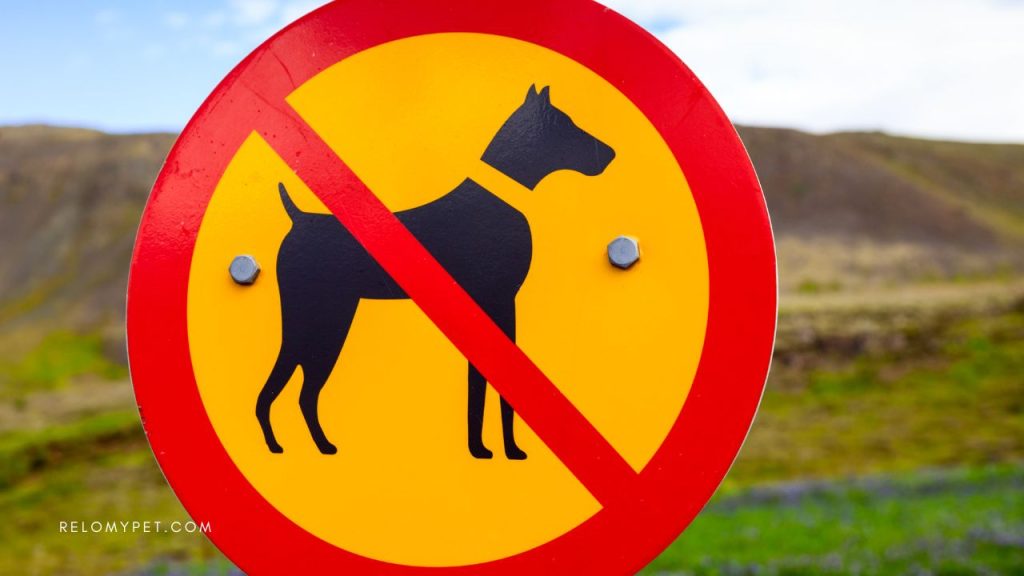
Restricted Dog Breeds by Country
Each country has its own set of regulations when it comes to restricted dog breeds. Here are some examples of dog breeds that are banned or heavily regulated in certain countries.
NORTH AND SOUTH AMERICAN COUNTRIES
Which breeds are prohibited in the United States?
In the United States, breed restrictions vary at the state and local levels. Some commonly restricted breeds include:
- Pit Bulls,
- Staffordshire Terriers,
- Rottweilers,
- and Akitas.
However, it’s important to note that these restrictions can differ significantly from one jurisdiction to another. It’s crucial to check the specific regulations of your destination state or city before planning your pet’s relocation.
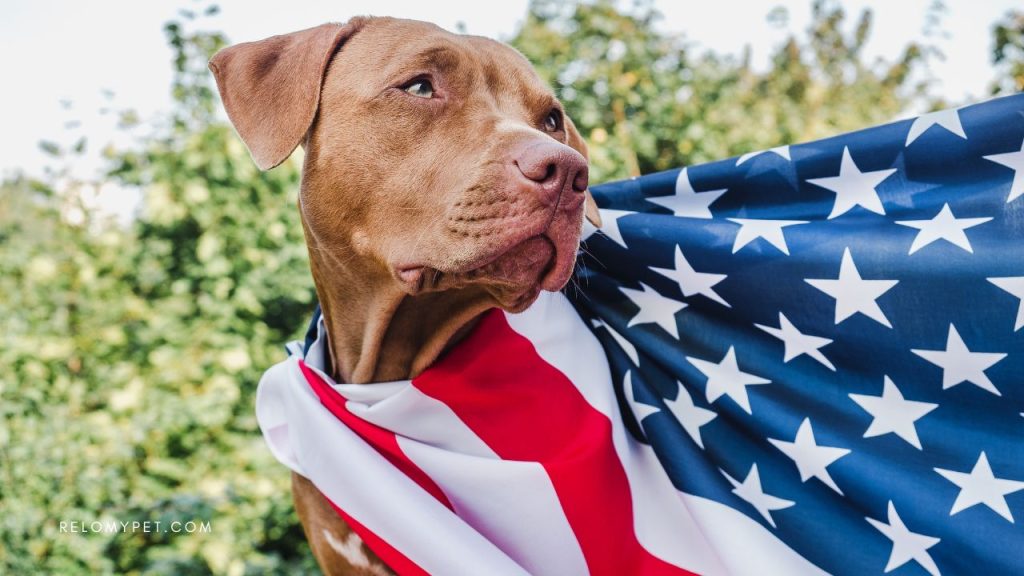
What dog breeds are banned in Bermuda?
Bermuda has restrictions on the importation of dogs belonging to certain breeds. The following breeds are currently prohibited, although the list is subject to amendments as necessary:
- American Pit Bull Terrier
- American Bulldog
- American Staffordshire Terrier
- Argentine mastiff (Dogo Argentino)
- Boerboel (South African Mastiff)
- Brazilian Mastiff (Fila)
- Cane Corso
- Neapolitan Mastiff
- Presa Canario
- Tosa Inu
- Wolf
- Wolf Hybrid
Additionally, any crossbreeds of the restricted breeds listed above are also prohibited. This includes breeds like Akita, Australian Cattle Dog, Belgian Malinois, Bouvier des Flandres, Bull Terrier, Bullmastiff, Chow Chow, Doberman Pinscher, Dogue de Bordeaux, German Shepherd, Mastiff (English), Rhodesian Ridgeback, Rottweiler, and Staffordshire Bull Terrier.
Can I import a restricted breed to Bermuda if I have exceptional circumstances?
Yes, it is possible to submit an Application to Keep Restricted Breeds of Dogs if you can demonstrate exceptional circumstances justifying the importation. This application allows you to make a case for importing a dog of a restricted breed based on unique circumstances or reasons.

What dog breeds are banned in Colombia?
In Colombia, entry permits are not granted for dogs from the following breeds, including crosses or hybrids:
- Staffordshire Terrier
- American Staffordshire Terrier
- Pit Bull Terrier
- American Pit Bull Terrier
It’s important to note that these specific breeds and their crosses or hybrids are prohibited from entering Colombia.
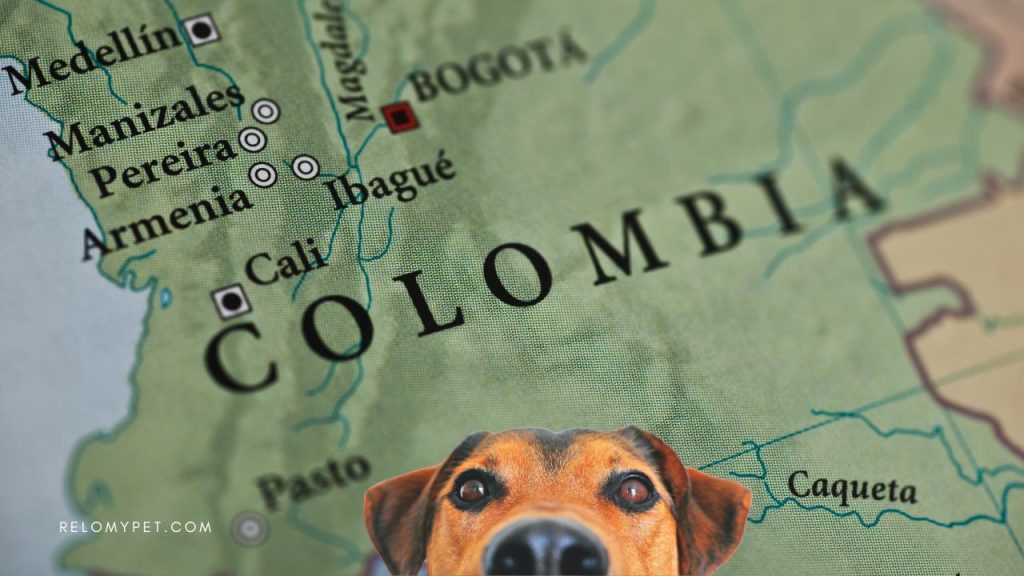
What dog breeds are banned in Puerto Rico?
In Puerto Rico, the following breeds are banned and prohibited from being introduced or imported:
- Staffordshire Bull Terrier
- American Staffordshire Terrier
- American Pit Bull Terrier
Additionally, hybrids produced by crossbreeding these breeds with dogs of other breeds are also prohibited from importation.

What dog breeds are banned in St. Kitts & Nevis?
In St. Kitts & Nevis, the following dog breeds are not allowed to enter the country:
- Pit Bull Terrier
- Staffordshire Terrier
- Dogo Argentino
- Presa Canario
- Fila Brasileiro
- Japanese Tosa
- American Bulldog
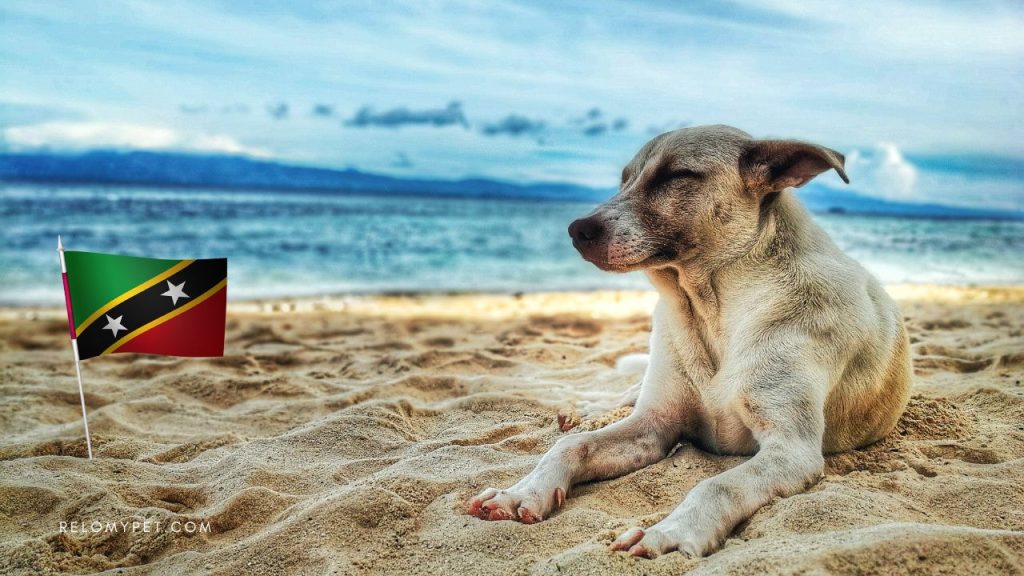
What dog breeds are banned in St. Lucia?
In St. Lucia, the importation of the following breeds of dogs is prohibited:
- Pitt Bull Terrier
- Bull Terrier
- American Staffordshire Terrier
- Staffordshire Bull Terrier or British Staffordshire
- Japanese Tosa Inu
- Dogo Argentina
- Fila Brasileiro
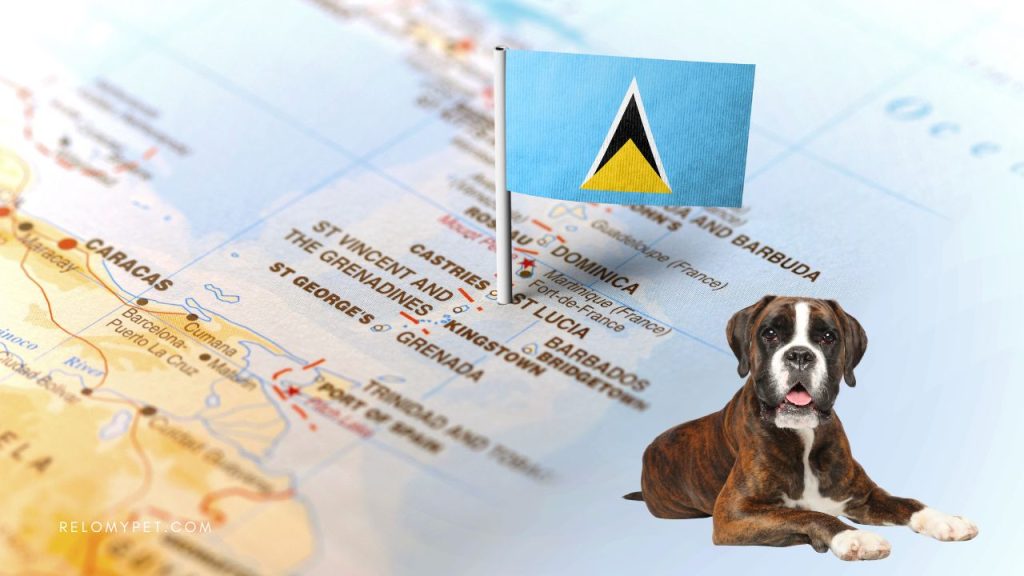
EUROPIAN COUNTRIES
Does the United Kingdom control dog breeds?
The United Kingdom has strict regulations in place to control certain dog breeds. The Dangerous Dogs Act of 1991 bans four specific breeds:
- Pit Bull Terriers,
- Japanese Tosas,
- Dogo Argentinos,
- and Fila Brasileiros.
Additionally, any dog that resembles these breeds can also face restrictions. It’s important to consult with the UK authorities and adhere to their guidelines if you plan to relocate a restricted breed to the UK.
What dog breeds are banned in Cyprus?
In Cyprus, or the Republic of Cyprus, the following breeds are prohibited from being brought into the country:
- Pit Bull Terrier (American Pit Bull)
- Japanese Tosa (Tosa Inu)
- Argentinian Mastiff (Dogo Argentino)
- Brazilian Mastiff (Fila Brasileiro)
These specific breeds are not allowed to enter Cyprus. It’s important to consult with the relevant authorities in Cyprus to ensure compliance with the current regulations and to obtain the most accurate and up-to-date information regarding breed restrictions and prohibitions before planning any dog importation.

What dog breeds are banned in Denmark?
In Denmark, the following 13 dog breeds and their cross-breeds are prohibited:
- Pitt Bull Terrier
- Tosa Inu
- American Staffordshire Terrier
- Fila Brasileiro
- Dogo Argentino
- American Bulldog
- Boerboel
- Kangal
- Central Asian Shepherd Dog
- Caucasian Shepherd Dog
- South Russian Shepherd Dog
- Tornjak
- Sarplaninac
It’s important to note that the importation of these specified dog breeds, including their crossbreeds, for commercial purposes is also prohibited. However, it’s worth mentioning that the prohibition does not apply to dogs that are in transit through Denmark.
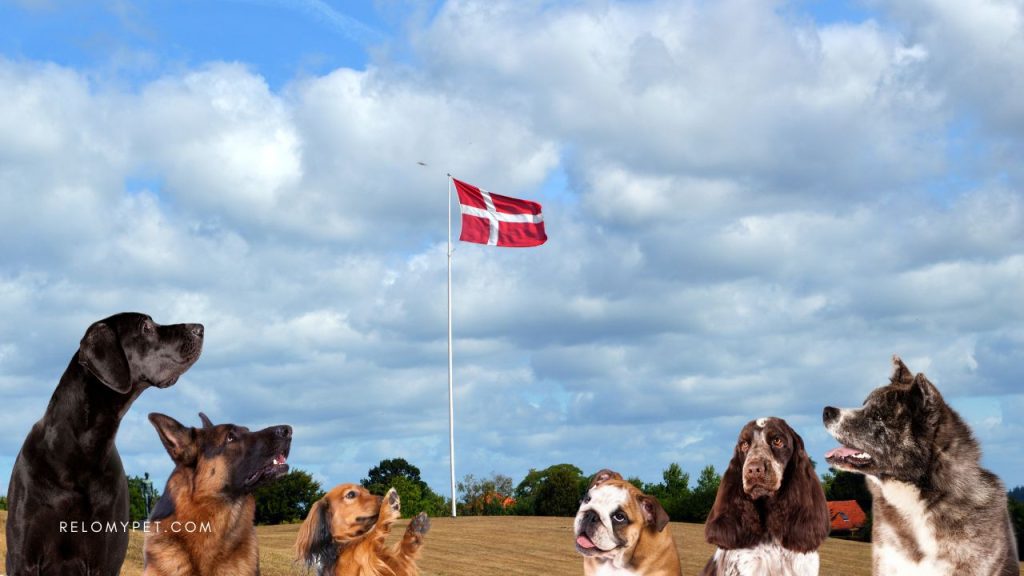
Are there any exceptions for the transit of prohibited dog breeds through Denmark?
Yes, transport in transit of a prohibited dog breed is permitted in Denmark. However, certain conditions apply. The dog should not leave the means of transport, except for brief stays outside the transport for necessary exercise, and the transit should occur without unnecessary stops in Denmark.
What should possessors of similar-looking breeds do in Denmark?
Possessors of a dog that shares some features with one or more of the prohibited breeds are recommended to have proper documentation of their dog’s breed. It is advised to possess the necessary documentation to confirm the breed of the dog.
What dog breeds are banned in Germany?
In Germany, the Dog Transfer and Import Restrictions Act prohibits the import or transfer of certain breeds of dogs and crossbreeds involving these breeds. The banned breeds include:
- Pit Bull Terrier
- American Staffordshire Terrier
- Staffordshire Bull Terrier
- Bull Terrier
Crossbreeding of these banned breeds with each other or with other breeds is also prohibited.

Are there any exceptions to the ban on importing these breeds?
There are exceptions to the ban on importing these breeds in specific circumstances. Dogs classified as dangerous may be imported if they are returning from a period abroad and being transferred back to the region where the owner has authorization to keep the dog. Additionally, working dogs, such as security or watch dogs, dogs for handicapped individuals, and dogs used in rescue and civil protection services, are allowed to be imported.
Are there any additional exceptions to the ban on importing dangerous dogs into Germany?
The Regulation concerning Exceptions to the Ban on the Transfer and Import of Dangerous Dogs into Germany provides further exceptions to the ban. These exceptions include:
- Dangerous dogs that accompany individuals staying in Germany for a period of fewer than four weeks, primarily for tourists.
- Dangerous dogs that are already present in Germany that are being brought back or reimported.
- Security or watch dogs, dogs for handicapped people, guide dogs for the visually impaired, and dogs used in rescue and civil protection services.
In all cases, the owner must possess the necessary documents to verify the animals, such as a pedigree certificate, vaccination certificate, character test certificate, and other relevant certificates from the competent office of public order.
ASIAN COUNTRIES
What dog breeds are banned in Hong Kong 香港?
In Hong Kong, the Dangerous Dogs Regulation, Cap. 167, sub Leg. D prohibits the importation of certain dog breeds. The following breeds are listed in Schedule 1 as fighting dogs and are prohibited from being imported:
- Pit Bull Terrier (also known as the American Staffordshire Terrier)
- Japanese Tosa
- Dogo Argentino
- Fila Braziliero
Additionally, any crossbreeds of these banned breeds are also prohibited from importation.
Are there any specific requirements for the importation of Staffordshire Bull Terriers?
In the case of Staffordshire Bull Terriers, there is a specific requirement. A statutory declaration must be submitted with the application for importation.
What dog breeds are banned in Israel?
In Israel, the following dog breeds are considered dangerous and subject to restrictions:
- American Staffordshire Bull Terrier (Am staff)
- Bull Terrier
- Duguay Argentine (Dogo Argentino)
- Japanese peafowl (Tosa)
- Staffordshire Bull Terrier (Stapp English) (Staffordshire bull terrier) (Staffie)
- Pitt Bull Terrier
- Brazilian filet (Fila brasileiro)
- Rottweiler
These dog breeds can only enter the country if specific requirements are fulfilled.

What are the requirements for importing a dangerous dog into Israel?
To obtain a license for the importation of a dangerous dog in Israel, the following provisions must be met:
- The dog’s owner must be above eighteen years of age.
- The owner must present a certification from a veterinary doctor, stating that the dog has been sterilized or neutered.
- The dog must have been in the owner’s possession for at least eighteen months before the importation date.
What is the process for requesting a license to import a dangerous dog?
The person requesting the license must submit a written request, signed and complete with all the necessary details, along with the fee payment, at least twenty days before the dog is shipped from the country of origin to Israel. The request should be addressed to the Chief Veterinary Doctor for Import and Export at the Veterinary Services and Animal Health, either by mail or fax.
What documents need to be provided for the license request?
The license request must be accompanied by the following documents:
- A copy of the dog owner’s ID card clearly displaying the date of birth.
- A certification from a veterinary doctor, confirming that the dog has been sterilized or neutered.
- A deposition signed by an attorney, including details of the dog owner’s addresses in the country of origin and in Israel, a declaration of the dog’s sterilization or neutering, and a declaration that the dog has been in the owner’s possession for at least eighteen months before the planned importation time.
- If the documents are not in Hebrew or English, a notarized translation to either of these languages must be provided.
What are the consequences of failing to comply with the regulations?
Importers of dangerous dogs who do not adhere to the specified provisions may face a sentence of six months imprisonment.
What dog breeds are banned in Malaysia?
In Malaysia, certain breeds of dogs are restricted or banned. The restricted breeds include:
- Bull Mastiff
- Bull Terrier
- Doberman
- German Shepard/Alsatian (including Belgian Shepard and East European Shepard)
- Perro de Presa Canario (also known as Canary Dog)
- Rottweiler
Additionally, the following breeds are banned:
- Akita
- American Bulldog
- Dogo Argentino
- Fila Braziliero
- Japanese Tosa
- Neapolitan Mastiff
- Pit Bull Terrier / Pit Bull (also known as American Pit Bull, American Pit Bull Terrier, American Staffordshire Terrier, and Staffordshire Bull Terrier)
Please consult with the relevant authorities in Malaysia to ensure compliance with the current regulations and to obtain the most accurate and up-to-date information regarding breed restrictions and prohibitions.

What dog breeds are banned in Qatar?
In Qatar, the following breeds of dogs are not allowed to enter the country:
- American Staffordshire Terrier
- Boerboel
- Boston Terrier
- Boxer
- Bull Terrier
- Bulldog
- Chinese Shar-Pei
- Doberman
- Great Dane
- Japanese Akita
- Neapolitan Mastiff
- Afghan Hound
- Rottweiler
- Staffordshire Bull Terrier
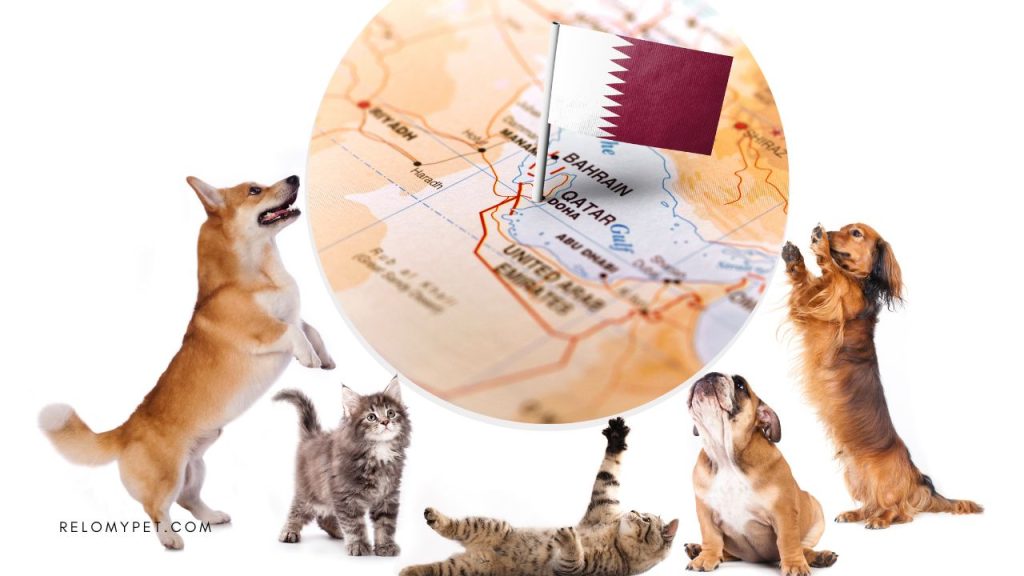
What dog breeds are banned in Singapore?
In Singapore, the following dog breeds are not allowed:
- Pit Bull, including:
- American Pit Bull Terrier (also known as American Pit Bull and Pit Bull Terrier)
- American Staffordshire Terrier
- Staffordshire Bull Terrier
- American Bulldog
- Crosses between them and other breeds
- Akita
- Boerboel
- Dogo Argentino
- Fila Brasileiro
- Neapolitan Mastiff
- Tosa
- Perro De Presa Canario
- Crosses of any of the above breeds

What dog breeds are banned in Thailand?
In Thailand, the importation of Pit Bull Terrier or American Staffordshire Terrier is prohibited.

What dog breeds are banned in the United Arab Emirates?
In the United Arab Emirates, the following dog breeds are banned from importation:
- All kinds of Pit-bull terriers
- American Pit-bull terrier
- Brazilian fighting dog
- Argentinean fighting dog
- American Staffordshire terrier
- Japanese Tosa
- Wolf dog

AUSTRALIA AND OCEANIA
It includes Australasia (Australia and New Zealand), Melanesia, Micronesia, and Polynesia.
What dog breeds are banned in Australia?
Australia has stringent regulations concerning dog breeds that are deemed dangerous. The import of certain breeds is strictly prohibited, which are:
- American Pit Bull Terriers or American Pit Bull,
- Dogo Argentinos,
- Japanese Tosas,
- Fila Brasileiro
- and Perro de Presa Canario or Presa Canario.
Are domestic/non-domestic hybrids restricted in Australia?
Australia also has restrictions on domestic/non-domestic hybrids, including dog-wolf crosses. These regulations apply to the following breeds:
- Czechoslovakian wolfdog or Czechoslovakian Vlcak,
- Saarloos wolfdog or Saarloos wolfhound,
- Lupo Italiano or Italian wolfdog,
- and Kunming wolfdog or Kunming dog, among others.
It’s important to note that the prohibition extends to similar hybrid breeds as well.
Australia’s quarantine and customs regulations are known to be rigorous, so it’s essential to thoroughly research and comply with their guidelines if you intend to relocate a dog to Australia.
What dog breeds and types are banned in New Zealand?
In New Zealand, certain dog breeds and types are prohibited from importation. The Dog Control Act 1996 specifies the following breeds or types of dogs as prohibited:
Prohibited breeds:
- Brazilian Fila
- Dogo Argentino
- Japanese Tosa
- Perro de Presa Canario
- American Pit Bull Terrier
Are hybrids eligible for importation?
No hybrids, which refer to offspring of dogs crossed with another species, are eligible for importation into New Zealand.
Other Countries
Many other countries have their own lists of restricted or banned dog breeds. It’s crucial to consult with the respective country’s authorities or engage a professional pet relocation service like Relopet International to ensure you have the most up-to-date and accurate information for successful pet relocation.
FAQ: Dog Breeds Banned Around the World
The breeds of dogs that are restricted vary from country to country. Some commonly restricted breeds include Pit Bulls, Staffordshire Terriers, Rottweilers, Akitas, American Pit Bull Terriers, Dogo Argentinos, Japanese Tosas, and Perro de Presa Canarios, among others.
While specific regulations may exist, many countries do not have comprehensive bans on dog breeds. However, it’s important to note that individual cities or regions within a country may have their own restrictions.
The number of dogs banned or restricted in the United States varies depending on state and local regulations. While certain breeds like Pit Bulls and Rottweilers are commonly restricted in some areas, it is challenging to provide an exact count of banned or restricted dog breeds across the entire country.
Switzerland retains a list of restricted dog breeds rather than an outright ban. Some of the restricted breeds in Switzerland include American Staffordshire Terriers, Staffordshire Bull Terriers, Pit Bull Terriers, and Bull Terriers.
Do you need to relocate your pet? Contact Relopet International
If you need to relocate your pet and want to ensure a safe and stress-free experience for your furry friend, consider contacting Relopet International. We are a professional pet relocation company that specializes in transporting pets, including big dogs, internationally. We are experienced professionals who can help you with every step of the process, from obtaining the necessary documentation to choosing the right airline and providing personalized care for your dog during transport. With Relopet International, you can have peace of mind knowing that your big dog is in good hands and will arrive at their destination safely and comfortably.



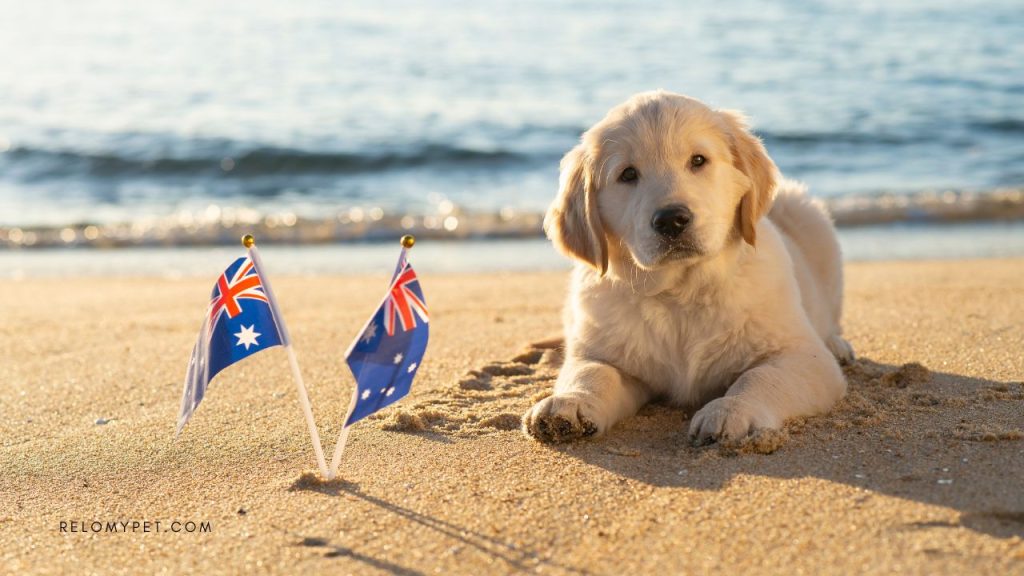



Are there any Breed restrictions for Akita’s in South Africa ?